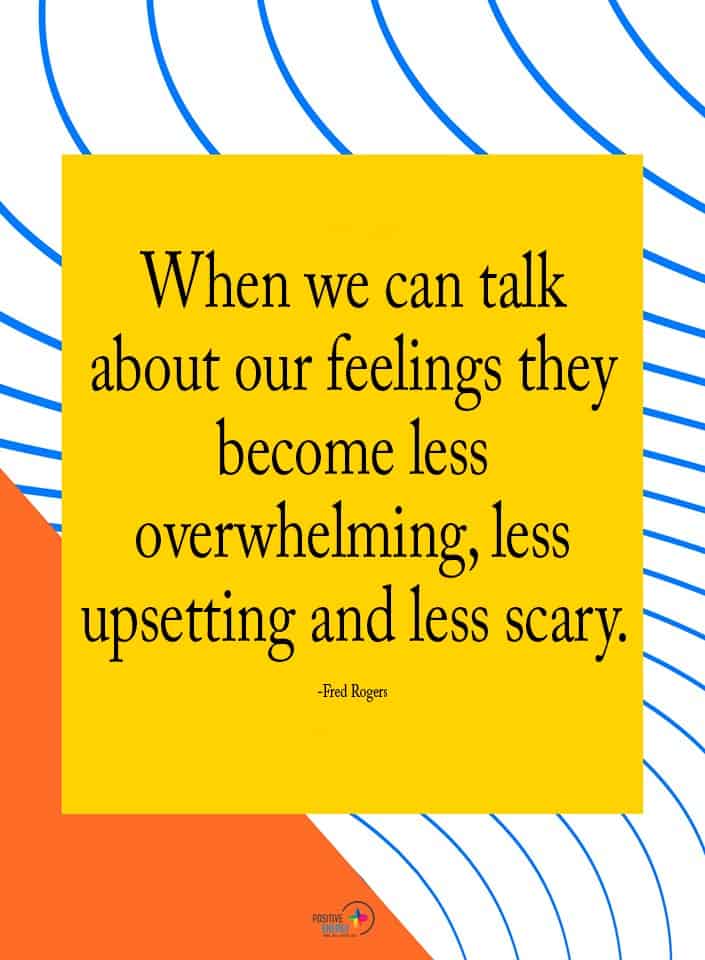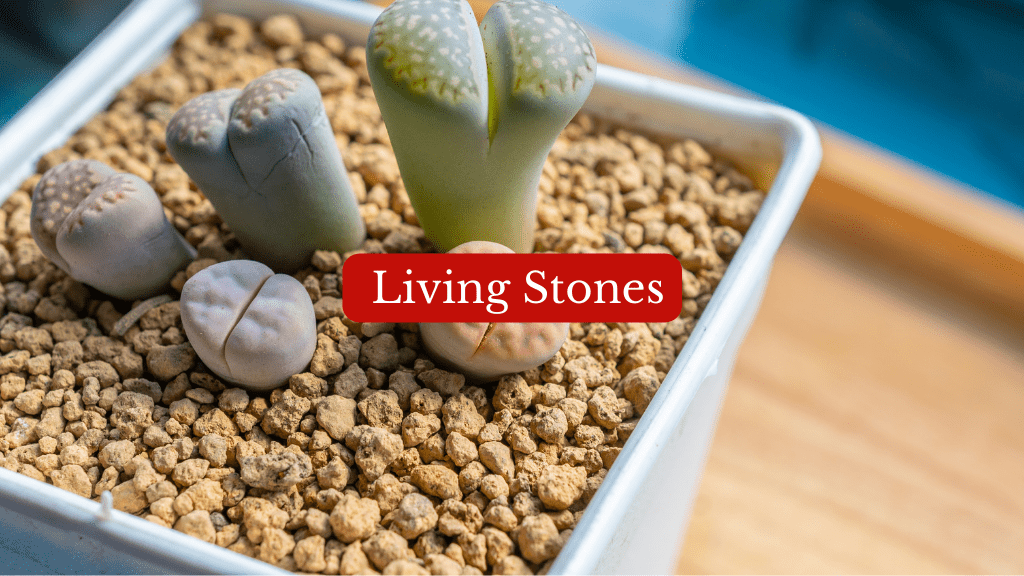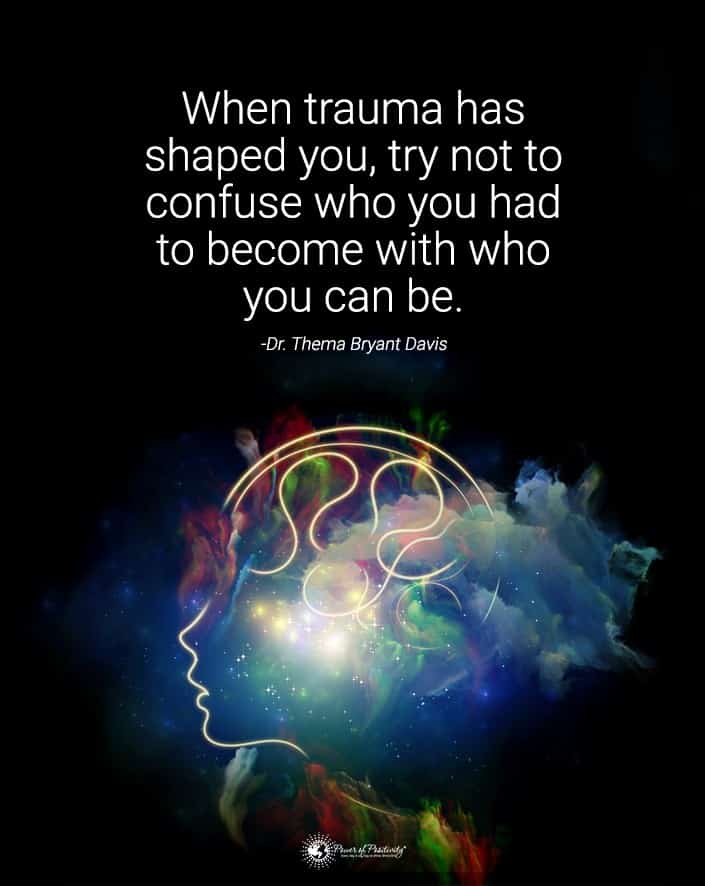New moms often complain about losing friends as they get pregnant and become a mother. Friendships take a hit when you get pregnant, there is no denying it, but that doesn’t mean all is lost. When you have a bestie who treats your children like her own, you’ll know that every friendship change was worth it.
I am one of the lucky ones, and I couldn’t be more thankful for my bestie, who always treats my children like her own. Time constraints, lifestyle changes, and misunderstandings come between friends, but it all works out when you have a friend who is more like family.
This letter is for my best friend, the one who is always there for us and loves my littles for who they are. It’s also for all other women who treat their bestie’s kids like their own. You deserve to know how cherished you are.
Dear Bestie,
You’ve been here through so many moments in my and my kids’ lives. As the first person I text when I have something to share, you get my initial reaction to every situation. You know what’s going on with my kids before everyone else, going along for the ride every time.
Our relationship was much different before kids, but it’s even stronger now than before. When we were teenagers, you knew me better than anyone else. Now you know who I am as a parent, too.
You’ve known me through every stage of life, and it holds so much meaning to me. As our children grow together, it’s another unforgettable phase of my life with you as my bestie. This time it doesn’t only make me happy, but you also bring so much joy to my kids’ lives.
Even through our many ups and downs in life, love was always there. Now, the love pours over onto my children, and I can never thank you enough, Bestie.
I am so grateful that having kids didn’t pull us apart.
Instead, having kids brought us closer together. Now my kids have another amazing woman in their lives to look up to and find comfort with. Even better, our kids get to love one another like family.
You celebrate my kids when they’ve achieved something new or have a big day. Your excitement for them makes their day, and seeing their faces light up means so much. You remember the little things, which shows how much you genuinely care and what a great bestie you are.
I love that you can appreciate the random videos I send of my kids. Even better, I love how you understand why I’m sending them without me having to explain. You know my kids so well that you know what to expect and how to handle each moment.
You entertain my kids when you know I’m getting frustrated, and you’re always willing to jump in when you see a need. You’ve picked my kids up from school, dropped them off, did their hair for school, and more. You’ve done it all for us, and we’ll always appreciate your love and willingness to be here with us.
Thank you for going above and beyond as my bestie, loving my children as your own.
I turn to you for guidance because I know you want what’s best for my babies. You’re open and honest, giving thoughtful and helpful advice for the kids you love like your own.
Thank you for not making me feel ashamed when I’ve made parenting mistakes or done things differently than you would have. We don’t do everything the same way, but we respect and appreciate each other’s perspectives and methods.
When my kids are with you, I know they will feel loved and nurtured. I know you’ll care for them as I would, and it’s not something I take for granted. Not everyone can count on someone the way I can count on you or trust someone to love their kids so much.
Thank you for instilling positive behaviors in my kids, just like you do with your own. When you correct their behavior, it helps shape my kids into the amazing little people they have become. You look out for them, but you also expect them to be respectful and kind.
You inspire us because you aren’t afraid to be yourself.
I want to tell you that you’re awe-inspiring as you play with the kids and remain gentle with them. Having a bestie like you is rare and precious, and I’m truly blessed to have you in my life.
You don’t only remind us to have fun, but you also remind us all to be true to ourselves. Even when things get hard, you stay true to who you are and what you believe in. Your independence and drive to succeed are things I want my kids to learn from you.
Having you in their lives shows them what’s possible and that you can give yourself the life of your dreams. My kids have learned that it’s not about perfection but about being yourself. Thank you for encouraging them to be who they are and building their confidence.

You’ve touched our lives in ways that I’ll never be able to explain.
We’re so lucky to have you here through all of the sporting events, practices, and life milestones. Thank you for being my bestie, and thank you for loving my kids as your own. More than anything, thank you for being the inspiring woman that you are.
I want you to know that we see and appreciate everything you do. Thank you for choosing to be part of our lives and loving my kids like they’re your own. You’ll always be so important in our lives, and I love seeing your bond with my littles.
We will never be able to repay you for the love you’ve shown, but we’ll do what we can to show our appreciation. As we continue growing together in our parenting journey, I know I’ll have your support along the way. We love you more than you know, and I want you to understand what a fantastic bestie you are.

























